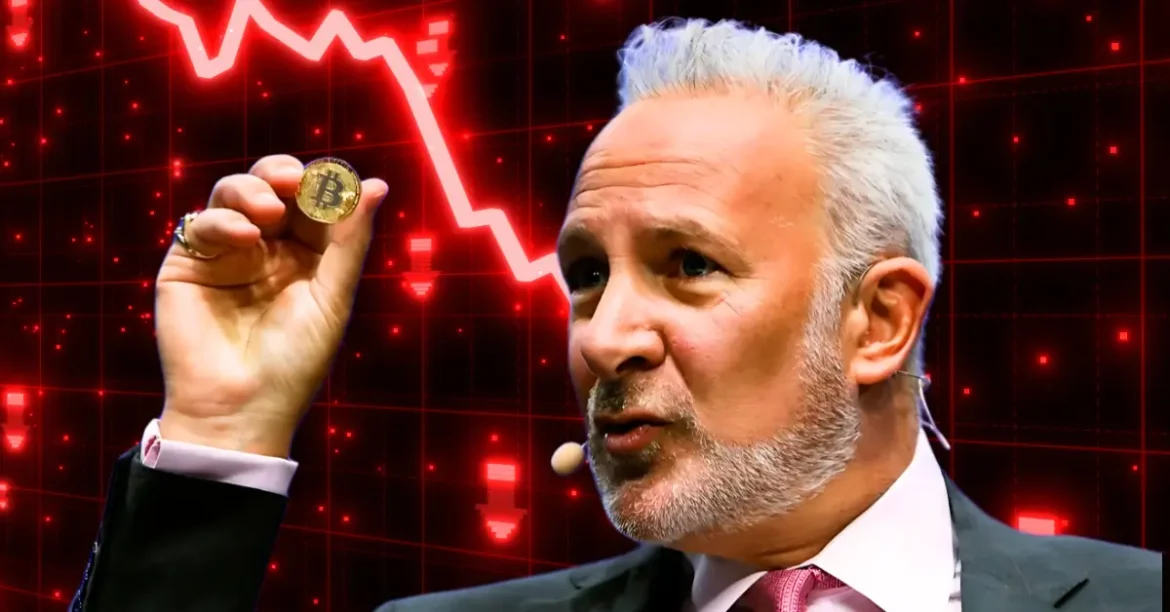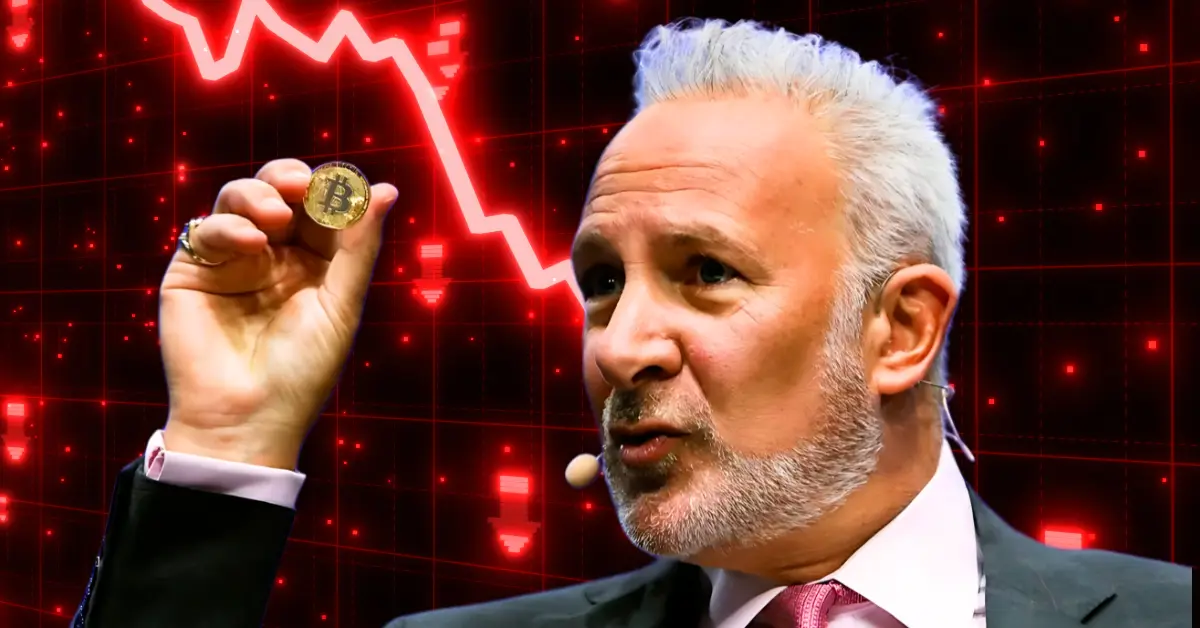Navigating the Peter Schiff and Bitcoin Controversy: A Deep Dive into Perspectives and Market Sentiments
The ongoing debate between traditional hard asset advocates like Peter Schiff and proponents of Bitcoin symbolizes a broader financial and ideological clash. Schiff, a fierce gold supporter and vocal Bitcoin critic, has repeatedly provided sharp commentary warning against the digital currency boom. In contrast, Bitcoin enthusiasts see his stance as outdated and dismissive of cryptocurrencies’ innovative promise. This report explores the contours of this debate, analyzing Schiff’s viewpoints, the responses they provoke, and the broader implications for investors and the financial landscape.
—
The Crux of Peter Schiff’s Criticism of Bitcoin
Peter Schiff positions himself as a defender of gold, emphasizing its time-tested role as a store of value and hedge against inflation and currency depreciation. His critiques of Bitcoin often focus on inherent risks, perceived volatility, and the lack of intrinsic value. Schiff argues that Bitcoin’s speculative nature and dependence on market hype render it vulnerable to crashes and unsustainability. For example, in public statements, Schiff suggests Bitcoin’s rise is predominantly fueled by speculation and government monetary policies rather than solid fundamentals.
One notable angle of Schiff’s criticism lies in his skepticism about Bitcoin replacing traditional currency or gold. He emphasizes that Bitcoin cannot replicate gold’s tangible qualities and centuries-long acceptance. Additionally, Schiff views the frequent calls for Bitcoin to reach stratospheric prices — such as $100,000 — as unrealistic, dismissing them as overhyped projections detached from economic reality.
—
Schiff’s Acknowledgment of Bitcoin’s Potential: Nuanced Views
While predominantly critical, Schiff has also publicly recognized some “valid reasons” to own Bitcoin, albeit with caution. His acknowledgments usually frame Bitcoin as a speculative asset appealing to certain investors seeking exposure to emerging technologies or digital assets. This balanced view stops short of outright endorsement but admits that Bitcoin can play a role within a diversified portfolio, particularly in an environment of evolving financial innovation.
However, Schiff often underscores the added risk this exposure entails. The elevated volatility and regulatory uncertainties surrounding cryptocurrencies make Bitcoin a high-risk investment option when compared to physical gold or government bonds — both assets he favors.
—
Reactions from the Bitcoin Community and Market Participants
The Bitcoin community frequently rebuffs Schiff’s critiques, labeling them as relic-driven and disconnected from the realities of digital finance. Online forums like r/Bitcoin and crypto news outlets often mock Schiff’s resistance, portraying him as a symbolic “dinosaur” unwilling to adapt to the digital transformation of value exchange. Some argue that his gold-centric worldview blinds him to the potential of blockchain technology and the unique advantages of decentralized currencies.
Moreover, prominent market incidents, such as Schiff losing access to his Bitcoin wallet, have become symbolic moments within crypto circles—used sarcastically to underline perceived weaknesses in Schiff’s adoption of digital currency, despite his vocal position on it.
—
Broader Market Context and Bitcoin’s Position
Bitcoin’s journey remains paved with volatile ups and downs, regulatory challenges, and evolving narratives about its place in the global financial ecosystem. The continuous debate between proponents and detractors like Schiff highlights fundamental questions about what constitutes value, trust, and security in money.
Bitcoin’s supporters tout decentralized, censorship-resistant qualities and potential as “digital gold,” while critics worry about price bubbles, scams, and unstable valuations. Schiff’s framing of Bitcoin as “just another bubble” fueled by loose monetary policy resonates with those wary of speculative markets but fails to fully capture the innovation and adoption trends driving cryptocurrency acceptance.
—
Implications for Investors: Balancing Tradition and Innovation
Investors face a nuanced balancing act when considering Bitcoin alongside traditional assets like gold. Schiff’s insights illuminate caution and the risks inherent to cryptocurrencies, urging preparedness for volatility and potential loss. Conversely, dismissing Bitcoin outright may mean missing opportunities linked to new market paradigms and blockchain-enabled financial products.
A prudent approach involves understanding the differing characteristics of these assets: gold’s stability versus Bitcoin’s growth potential, tangible versus digital, established versus emerging infrastructure. Hybrid portfolios acknowledging both the preservation qualities of gold and the speculative upside of Bitcoin may align better with diverse investor risk tolerances and financial goals.
—
Conclusion: The Ongoing Dialogue Between Two Financial Worlds
The conversation between Peter Schiff and the Bitcoin community encapsulates the friction between old and new financial paradigms. Schiff’s steadfast advocacy for gold and his skepticism toward Bitcoin serve as a valuable reminder of inherent risks and the importance of critical analysis. Meanwhile, the passionate defense of Bitcoin underscores an era of technological disruption with profound implications for money and value exchange.
Ultimately, understanding both viewpoints enriches investor perspective, driving deeper inquiry into what drives value, trust, and resilience in an ever-changing financial landscape. Whether one aligns more with Schiff’s traditionalism or embraces crypto’s innovation, this debate propels essential dialogue about money’s evolving future.





